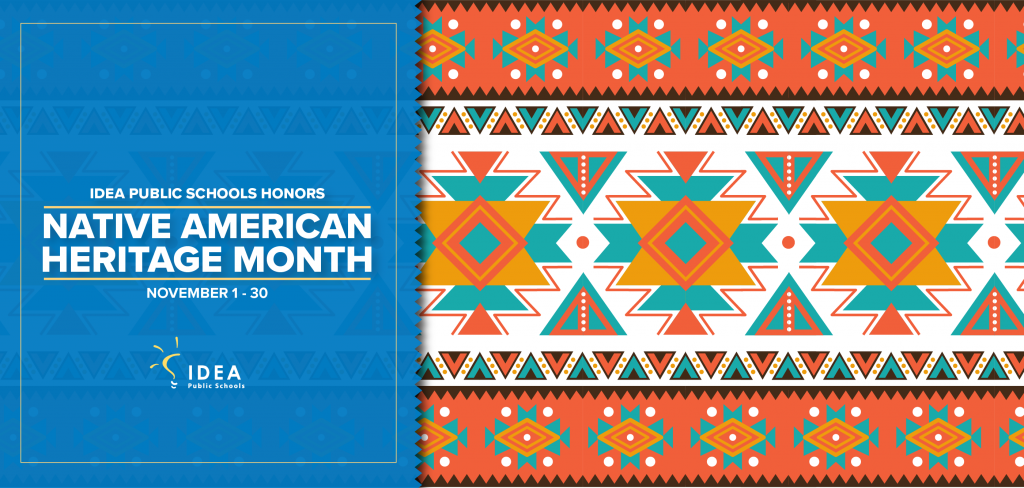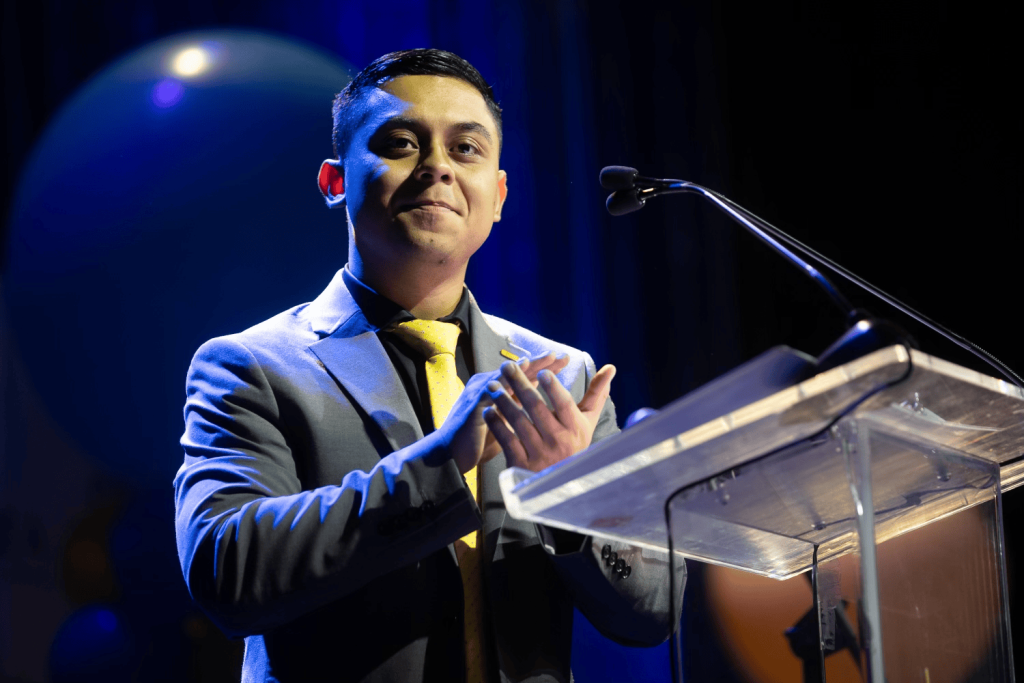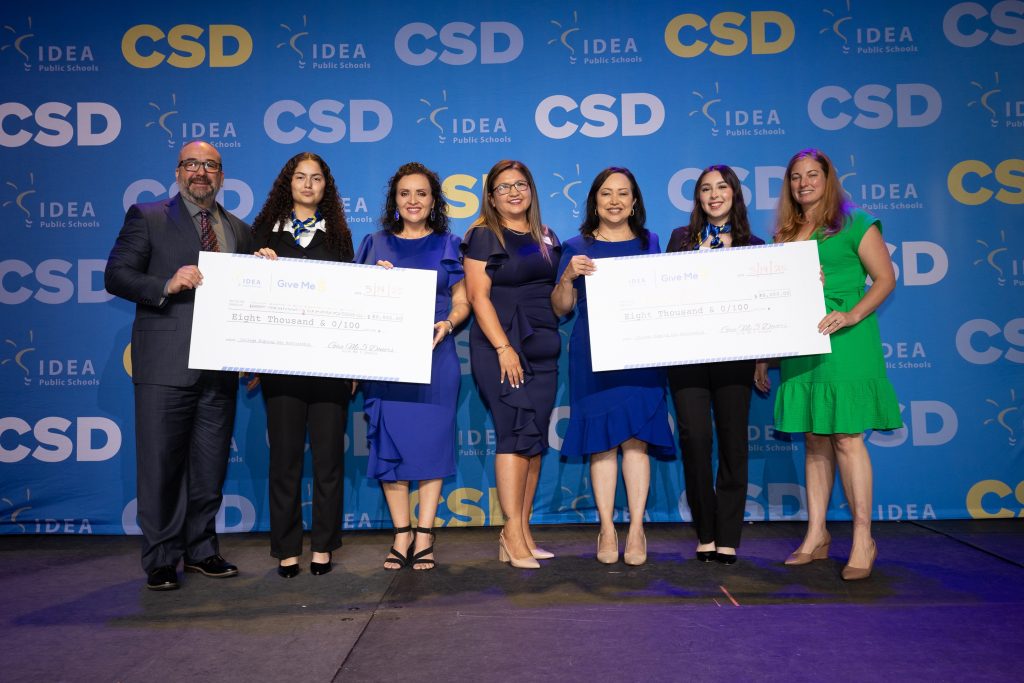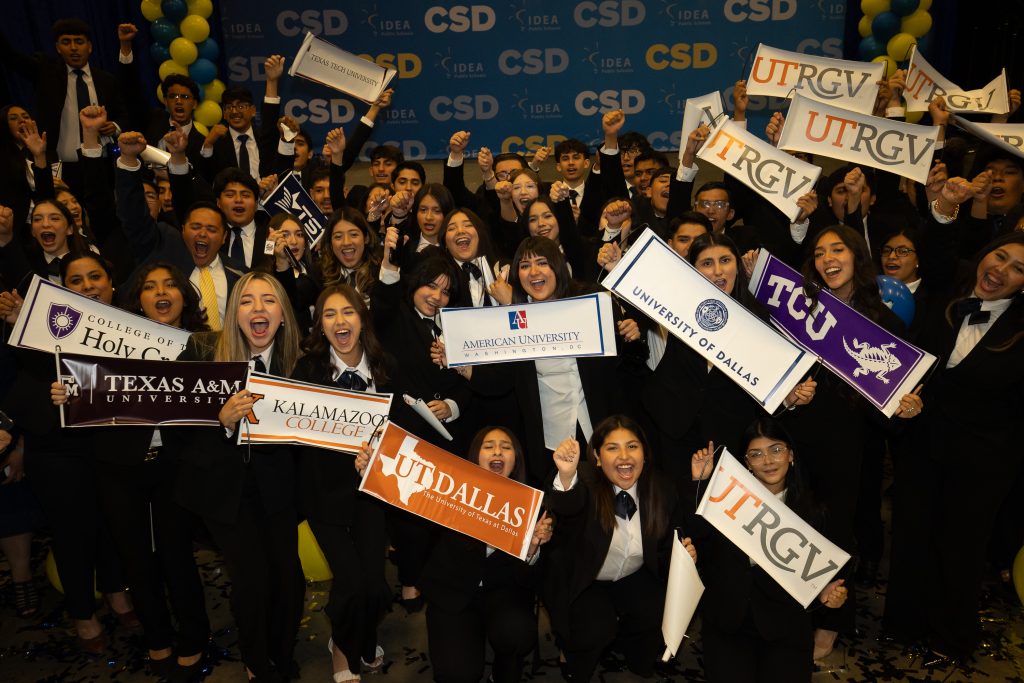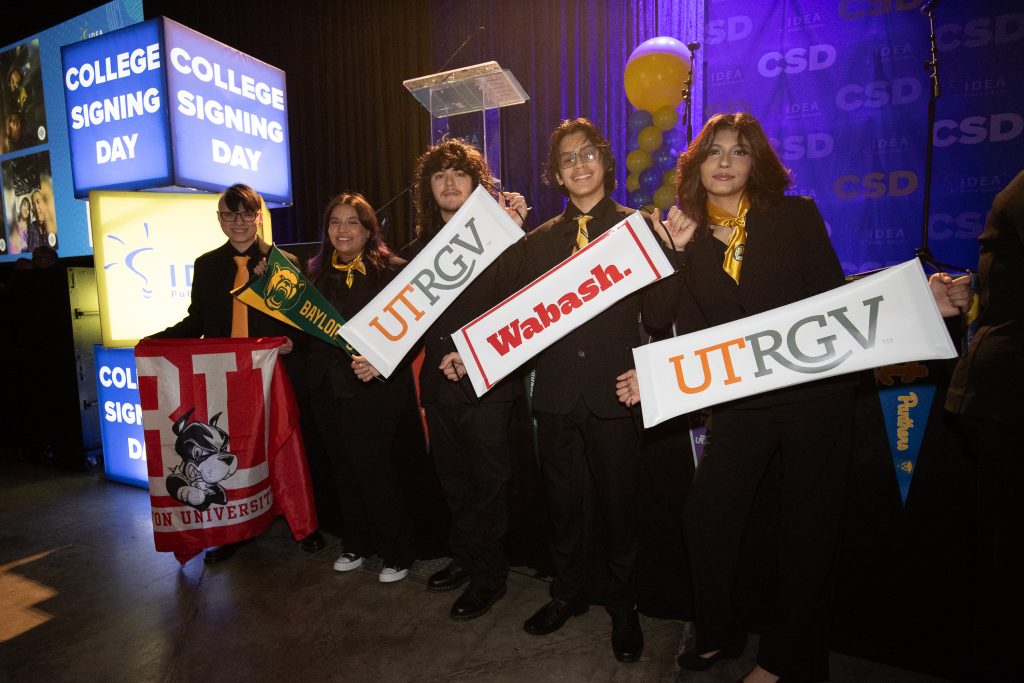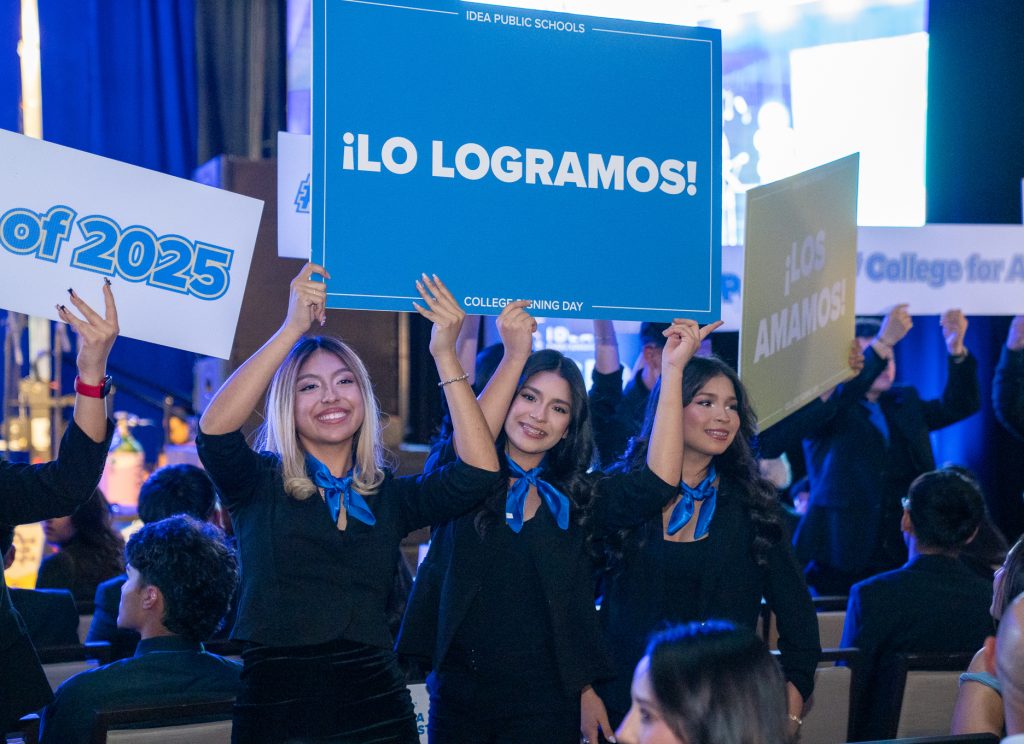This month, IDEA Public Schools is proud to celebrate the rich ancestry, culture, and contributions of American Indian and Indigenous Communities during Native American Heritage Month.
This celebration is also an important opportunity to educate our community about Indigenous Tribes, raise awareness about the unique challenges Native People have faced both historically and today, and the ways in which Native American citizens have worked to overcome these challenges.
The first state American Indian Day was declared in May 1916 by the governor of New York. Presently, U.S. President Joseph R. Biden, released a proclamation declaring October 10, as Indigenous Peoples Day. Directing that the United States flag be displayed on all public buildings in honor of our diverse history and the Indigenous peoples who contribute to shaping this nation.
In 1990, President George H. W. Bush approved a joint resolution designating November as “National American Indian Heritage Month.” Similar proclamations, under variations of the name (including “Native American Heritage Month” and “National American Indian and Alaska Native Heritage Month”), have been issued each year since 1994.
Our collective identity as a nation is rooted in the traditions and contributions of our native predecessors. During Native American Heritage Month, we honor the contributions of Indigenous leaders’ past and present, including:
Standing Bear, Ponca chief and Indigenous civil rights leader of the 19th century who successfully challenged the legal framework of the 14th Amendment in defense of Native People. The 1879 case of Standing Bear v. Crook asserted that Native Americans had the right to equal protection under the Constitution and that the federal government could not prevent Native Americans from leaving reservations.
Born in 1910, Annie Dodge Wauneka experienced an influenza epidemic in her childhood that led to thousands of Navajos dying in her community. This set the trajectory for Wauneka to improve public health in the Navajo community.
Wauneka created a Navajo language medical dictionary, which explained the importance of medical techniques like vaccinations and regular eye and ear examinations. In 1963, she was the first Native American to receive the Presidential Medal of Freedom and the Navajo Council designated her “The Legendary Mother of the Navajo Nation”, in 1983.
And in 2022, Mary Peltola became the first Alaska Native sworn into U.S. Congress, and also made history as the first woman to represent Alaska in the U.S. Peltola who is Yup’ik, also has deep roots in the Bethel region.
Read more about the history and celebration of Native American Heritage Month, find resources for teachers or to celebrate at home, and more at nativeamericanheritagemonth.gov.


